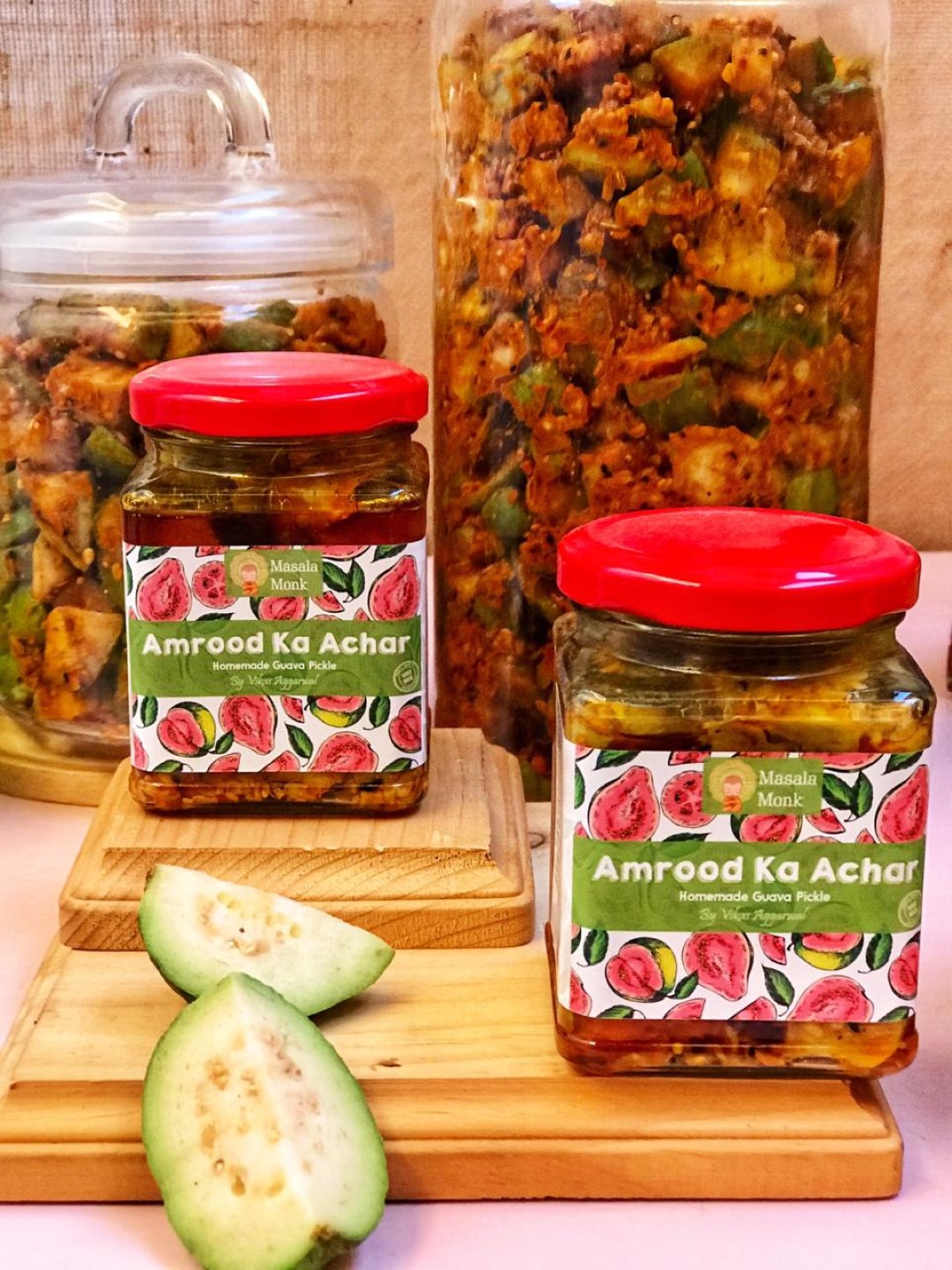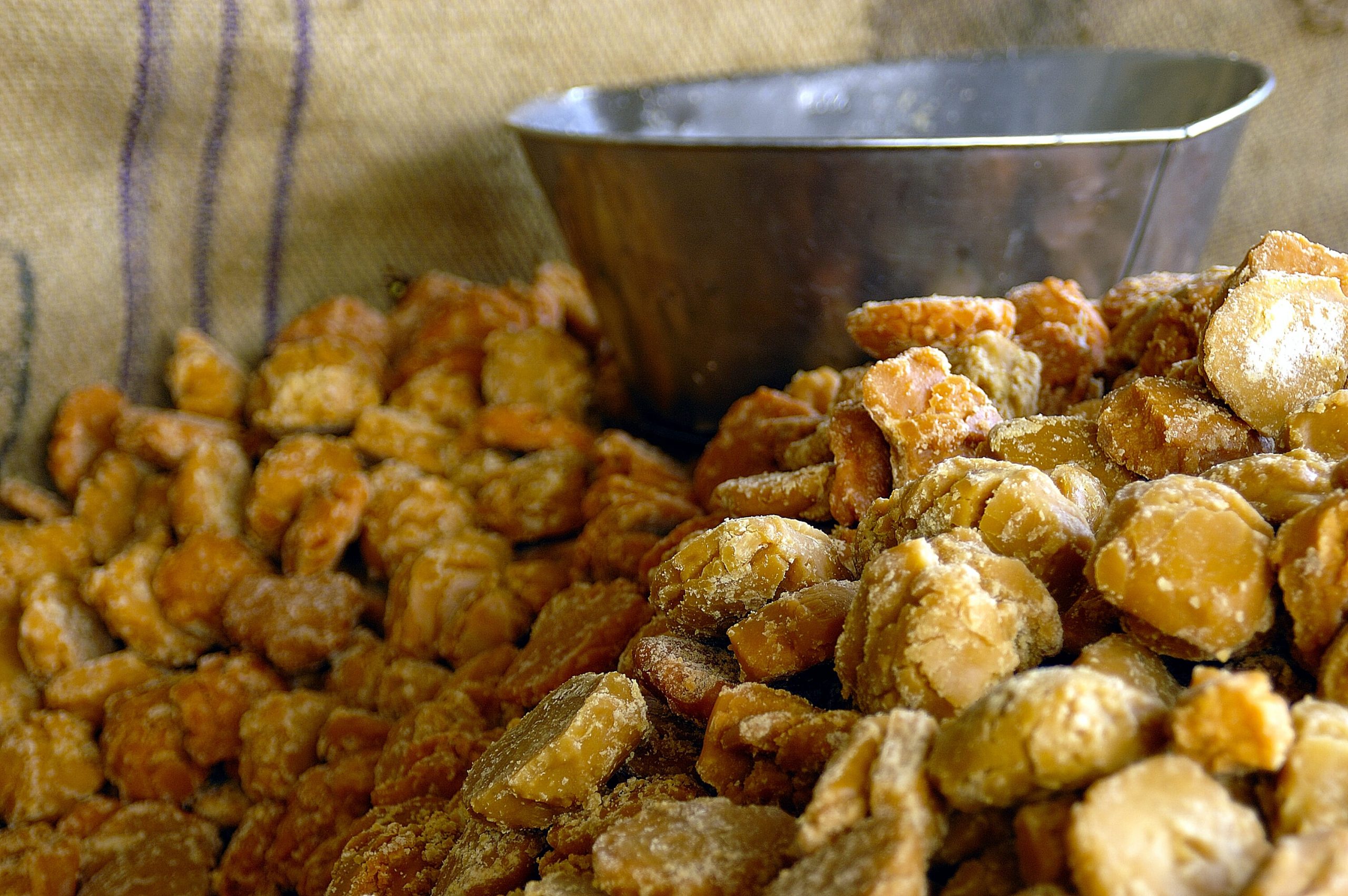
The ketogenic diet has gained significant popularity for its potential benefits in weight loss and improved metabolic health. As followers of the keto diet aim to reduce their carbohydrate intake, they often question the compatibility of certain beverages with this eating plan. One such popular beverage is Diet Coke. In this blog post, we will delve into the topic of whether Diet Coke is keto-friendly, examining its ingredients, impact on ketosis, and potential considerations for incorporating it into a ketogenic diet. Let’s uncover the truth about Diet Coke and the keto diet! 🥤💥🌱
Understanding the Ketogenic Diet and Carb Restrictions: 🌾🍽️💡
Before we dive into the details of Diet Coke, let’s briefly recap the fundamentals of the ketogenic diet. The keto diet focuses on drastically reducing carbohydrate intake and increasing fat consumption to induce a state of ketosis. In ketosis, the body primarily burns fat for fuel instead of relying on glucose from carbohydrates. To achieve and maintain ketosis, adherents typically limit their daily net carb intake to around 20-50 grams. With this in mind, let’s explore the keto compatibility of Diet Coke! 💪🌟
Analyzing the Ingredients of Diet Coke: 📃🧪
Diet Coke is a popular sugar-free and calorie-free carbonated beverage. While the specific ingredients may vary depending on the region, the main components typically include:
- Carbonated Water: The primary ingredient in Diet Coke, carbonated water, provides the refreshing fizz that many enjoy.
- Artificial Sweeteners: Diet Coke is sweetened with artificial sweeteners such as aspartame, acesulfame potassium (Ace-K), or sucralose. These zero-calorie sweeteners are used to mimic the sweetness of sugar without adding carbohydrates or calories.
- Flavorings and Preservatives: Various flavorings and preservatives are used to enhance the taste and shelf life of Diet Coke.
Understanding the Impact of Diet Coke on Ketosis: ⚖️🌱💥
Now, let’s address the question at hand: Is Diet Coke keto-friendly? While Diet Coke is technically low in carbs and calories, it’s important to consider a few factors:
- Artificial Sweeteners and Ketosis: The artificial sweeteners used in Diet Coke do not significantly impact blood sugar levels or insulin response. As a result, they generally do not hinder ketosis for most individuals. However, some people may experience an insulin response or cravings triggered by artificial sweeteners, which can vary on an individual basis.
- Personal Tolerance and Cravings: While Diet Coke may be low in carbs and calories, it’s important to consider how it affects your cravings and overall dietary habits. Some individuals find that consuming artificially sweetened beverages increases their desire for sweet foods or triggers cravings, which can make it more challenging to adhere to the ketogenic diet. Personal preference and tolerance play a crucial role here.
Incorporating Diet Coke into a Ketogenic Diet: 🌱🥤💡
If you’re considering including Diet Coke in your ketogenic diet, here are a few points to keep in mind:
- Moderation and Balance: While Diet Coke may not directly impact ketosis for most individuals, moderation is key. It’s important to maintain a balanced and varied diet that includes whole, nutrient-dense foods alongside any beverages, including Diet Coke.
- Individual Response: Pay attention to your body’s response to Diet Coke. If you notice that it triggers cravings, affects your satiety, or disrupts your overall dietary adherence, it may be beneficial to limit or avoid consumption.
- Hydration and Nutrient Intake: Remember that while Diet Coke can contribute to hydration, it does not provide the same nutritional benefits as water or other low-carb beverages. Ensure you’re meeting your hydration needs and obtaining essential nutrients from whole foods.
- Exploring Alternatives: If you find that Diet Coke doesn’t align with your goals or preferences, consider exploring other keto-friendly beverage options. This may include flavored water, unsweetened tea or coffee, sparkling water, or infused water with natural flavors like lemon or cucumber.
Conclusion: 🌟🥤🌱
In summary, Diet Coke can be considered low in carbs and calories, making it technically compatible with the ketogenic diet. However, individual responses to artificial sweeteners and personal dietary preferences should be taken into account. Moderation and mindful consumption are essential when incorporating Diet Coke into a ketogenic eating plan. Prioritize whole, nutrient-dense foods and listen to your body’s signals to maintain a balanced approach to the ketogenic lifestyle.
As with any dietary decision, it’s advisable to consult with a healthcare professional or a registered dietitian to personalize your ketogenic diet based on your individual needs, goals, and considerations.











